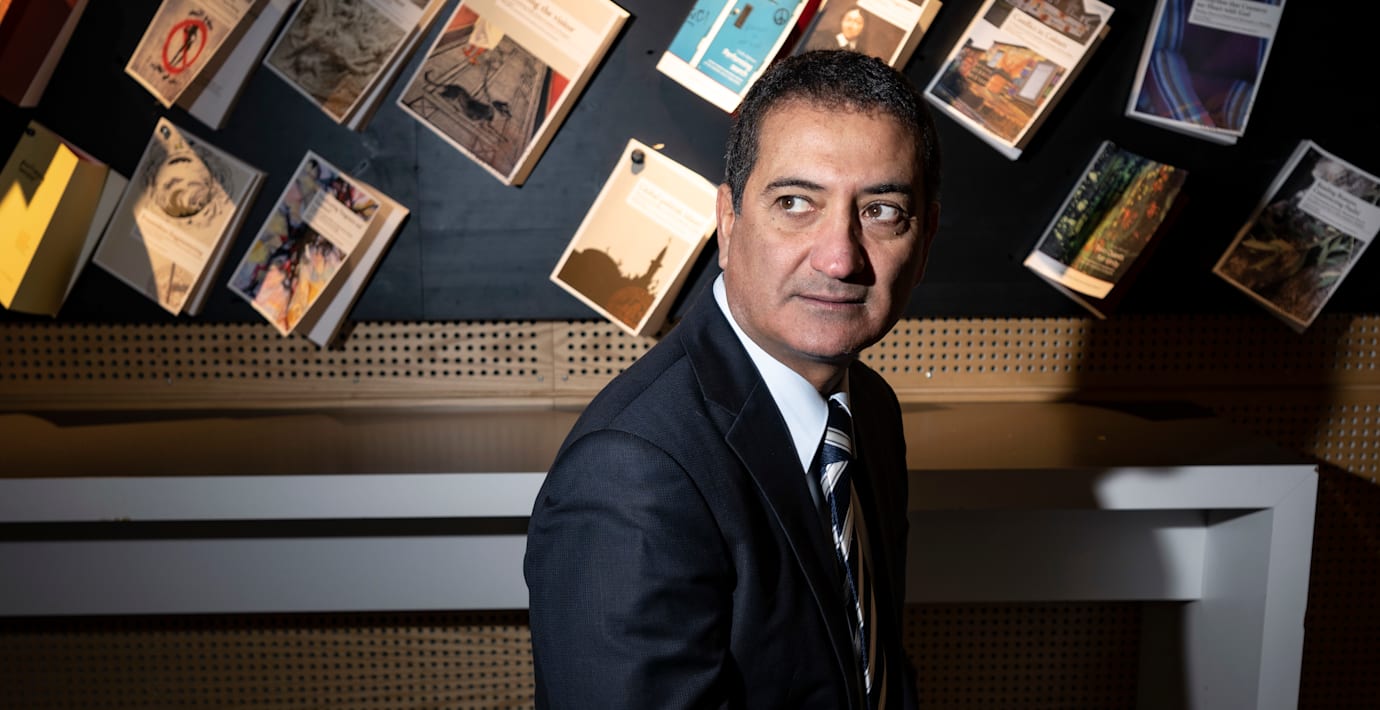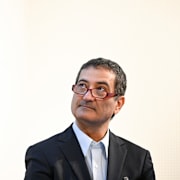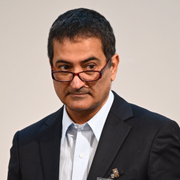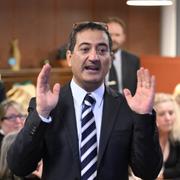bakgrund
Muslimska brödraskapet
Wikipedia (en)
The Society of the Muslim Brothers (Arabic: جماعة الإخوان المسلمين Jamāʿat al-Ikhwān al-Muslimīn), better known as the Muslim Brotherhood (الإخوان المسلمون al-Ikhwān al-Muslimūn), is a transnational Sunni Islamist organization founded in Egypt by Islamic scholar and schoolteacher Hassan al-Banna in 1928. Al-Banna's teachings spread far beyond Egypt, influencing today various Islamist movements from charitable organizations to political parties—not all using the same name.Initially, as a Pan-Islamic, religious, and social movement, it preached Islam in Egypt, taught the illiterate, and set up hospitals and business enterprises. It later advanced into the political arena, aiming to end British colonial control of Egypt. The movement's self-stated aim is the establishment of a state ruled by Sharia law–its most famous slogan worldwide being: "Islam is the solution". Charity is a major aspect of its work.The group spread to other Muslim countries but has its largest, or one of its largest, organizations in Egypt despite a succession of government crackdowns starting in 1948 up until today, with accusations of planning assassinations and plots. It remained a fringe group in politics of the Arab World until the 1967 Six-Day War, when Islamism managed to replace popular secular Arab nationalism after a resounding Arab defeat by Israel. The movement was also supported by Saudi Arabia, with which it shared mutual enemies like communism.The Arab Spring brought it legalization and substantial political power at first, but as of 2013 it has suffered severe reversals. The Egyptian Muslim Brotherhood was legalized in 2011 and won several elections, including the 2012 presidential election when its candidate Mohamed Morsi became Egypt's first president to gain power through an election, though one year later, following massive demonstrations and unrest, he was overthrown by the military and placed under house arrest. The group was then banned in Egypt and declared as a terrorist organization. Persian Gulf monarchies of Saudi Arabia and the United Arab Emirates followed suit, driven by the perception that the Brotherhood is a threat to their authoritarian rule. The Brotherhood itself claims to be a peaceful, democratic organization, and that its leader "condemns violence and violent acts".Today, the primary state backers of the Muslim Brotherhood are Qatar and Turkey. As of 2015, it is considered a terrorist organization by the governments of Bahrain, Egypt, Russia, Syria, Saudi Arabia and the United Arab Emirates.




